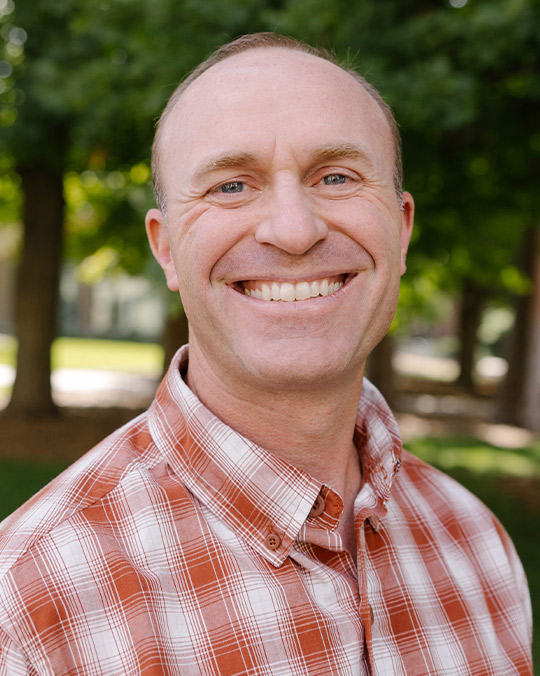Pre-Occupational Therapy Advising
Pre-occupational therapy advising spans all the years of a student’s Whitworth education. Explore your career interests, receive personalized guidance, and gain skills and experience outside of the classroom that will prepare you to be a competitive applicant for occupational therapy school and a compassionate future practitioner.
What is occupational therapy?
Occupational therapy is a health and rehabilitation profession that helps people of all ages to participate fully in daily life activities. Occupational therapists and occupational therapy assistants help people who are experiencing physical, cognitive or emotional impairments by providing skilled evaluation, intervention, and health promotion strategies to help them take care of themselves and their families, be productive, and contribute to the social and economic fabric of the community.
